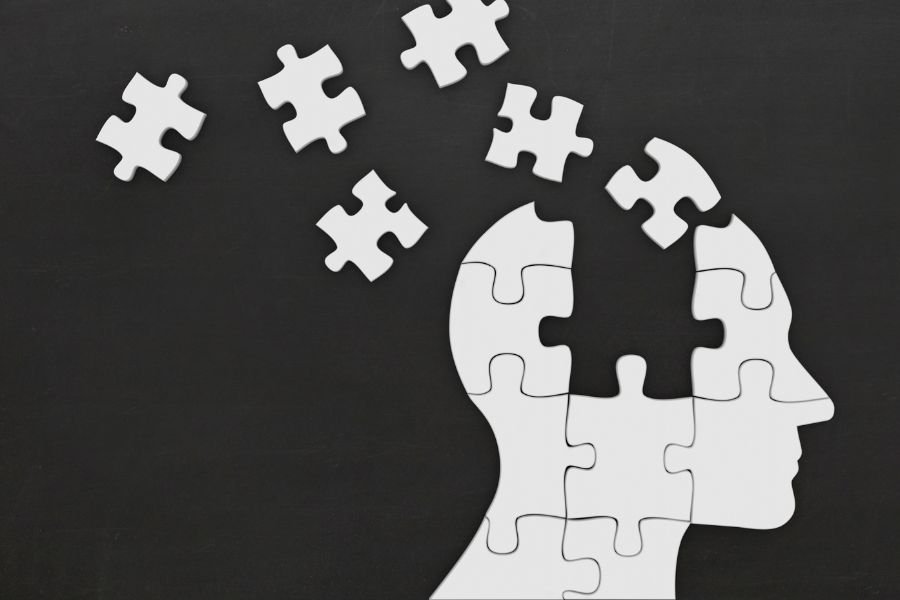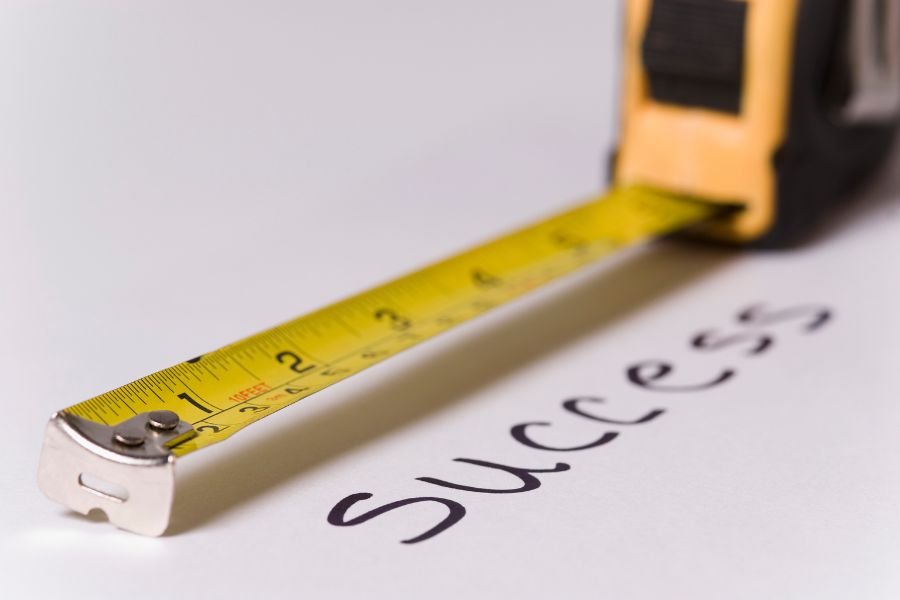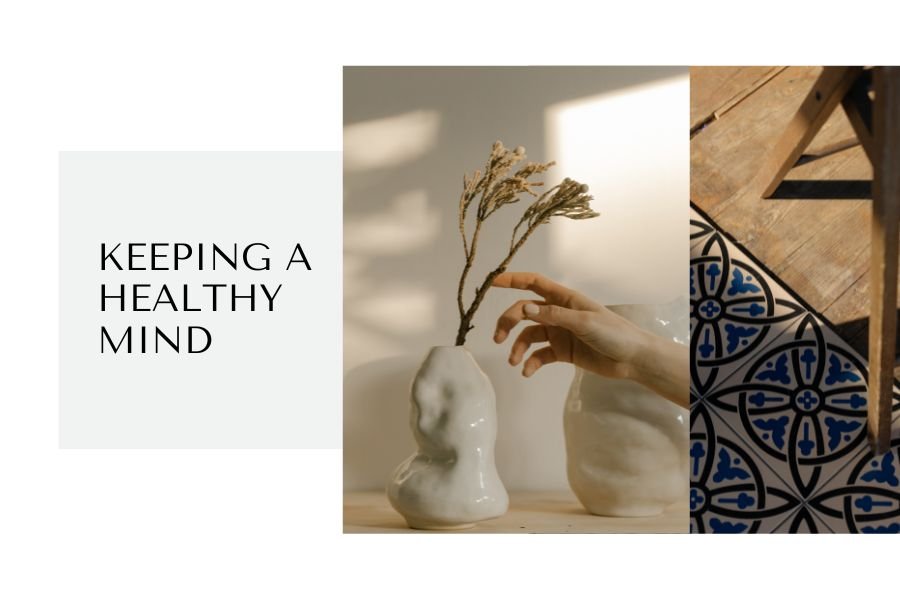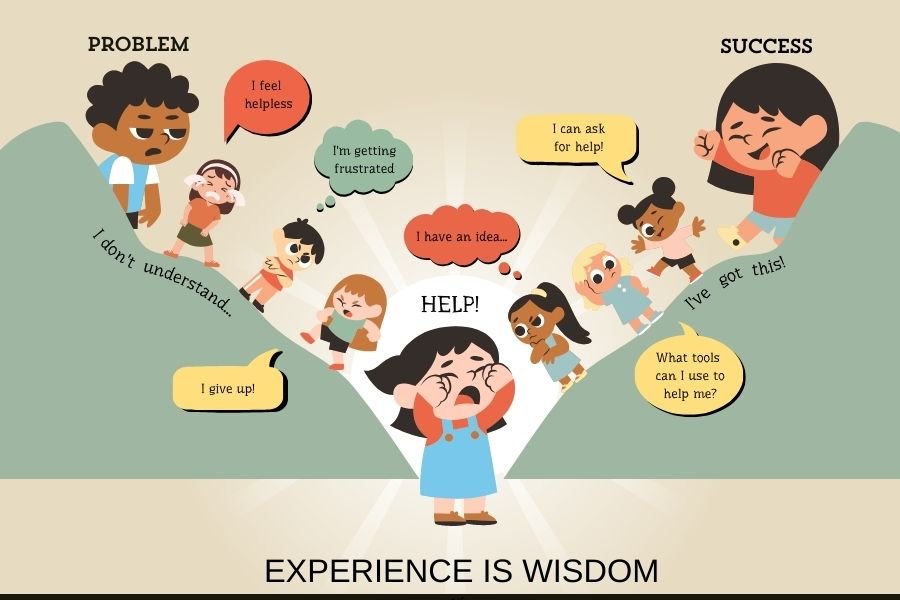Being alone and feeling alone are two different worlds; they are different and parallel. Ask yourself, what are you feeling right now? Are you in solidarity, or are you lonely? In her book, The Art of Being Alone, Renuka Gavrani distinguishes between solitude, peaceful aloneness, and loneliness, a feeling of isolation and longing for connection. She encourages embracing solitude as an opportunity for self-discovery and growth.
Loneliness is the absence of people and the haunting experience of craving meaningful connections amidst a crowd. Imagine being surrounded by hundreds yet feeling a profound emptiness, a void where genuine bonds should be. This state of loneliness gnaws at the core of one’s emotional, mental, and physical health, leading to progressive disorders like depression, anxiety, and a lack of trust. It can also manifest physically as inflammation, cardiac issues, diabetes, and obesity.
To understand why loneliness occurs, we must categorize it: the absence of a significant figure in one’s life, social loneliness, and existential loneliness. In all these cases, the fundamental requisite for connection with others is first to establish a connection with oneself. Without self-identity, any external connection feels hollow, like trying to communicate in an unfamiliar language.
Finding fulfillment within yourself rather than relying on external validation is essential. Spending time alone can help you learn to appreciate your company and cultivate self-worth. Meditation acts as a beacon guiding us inward. Techniques like contemplation and inquiry-based meditation engage all our senses to help us discover who we are. Meditation isn’t just a tool; it’s a transformative practice that helps form our identity. Once you connect with yourself, you transition from feeling lonely to alone—a world apart in experience.
As you delve deeper into meditation practices like Vipassana, you see reality clearly and let go of mental impurities. Meditation’s benefits extend beyond alleviating loneliness; it fosters present-moment awareness and mindfulness. All you need is 10 minutes of your day. Take 10 minutes for yourself every day and practice meditation; you can choose your type of meditation from the toolbox. Whether mindfulness or breathing meditation, the ultimate goal is to connect with your true self.
The process is time-consuming and demands dedication; we must be willing and ready to give it the required effort.
Loneliness stems from a lack of self-identity and connection with others. Meditation bridges this gap by encouraging introspection and self-awareness. It transforms how we perceive ourselves and our surroundings, ultimately fostering deeper connections within and beyond ourselves.
So, how do we turn solitude into a positive force? Think of it as a playground for self-discovery. When we’re not constantly bombarded by external stimuli, our minds have the space to explore hidden interests, forgotten dreams, and even buried talents. It’s during these quiet moments that creativity flourishes. Artists, writers, and musicians often credit solitude as the fertile ground for their best ideas.
Remember that feeling of satisfaction after completing a challenging puzzle or baking a complicated recipe yourself? These moments of solitary accomplishment build confidence and self-reliance. We discover a wellspring of inner strength and resourcefulness that we might not have known existed.
While meditation is a powerful tool for cultivating solitude, it’s just one piece of the puzzle. Here are some other ways to embrace your own company and make the most of your alone time:
- Spend time in nature: Immerse yourself in the natural world’s sights, sounds, and smells. Take a solo hike, sit by a river, or simply watch the clouds drift by. Nature can profoundly quiet the mind and reconnect us with peace and belonging.
- Pursue a hobby: Have you always wanted to learn a new language or pick up an instrument? Now’s the time! Dedicate some of your alone time to activities that bring you joy and a sense of accomplishment.
- Journaling: Writing down your thoughts and feelings can be a powerful tool for self-reflection. Use journaling to explore your emotions, set goals, and track your progress on your journey of self-discovery.
- Digital Detox: In today’s hyper-connected world, it’s easy to feel overwhelmed by the constant barrage of information and social media updates. Schedule regular breaks from technology to be present in your own company.
Antaha is at work to help you bridge this gap by providing personalized care and attention. Our experienced, compassionate buddies help you identify it and work efficiently to uproot it from your life.
Remember, solitude is not about isolation but creating a space for introspection and growth. By embracing solitude and fostering a connection with yourself, you’ll be better equipped to build meaningful connections with others. You’ll find that the time spent alone isn’t just time waiting to be filled but a precious opportunity to discover the richness and depth within you.














